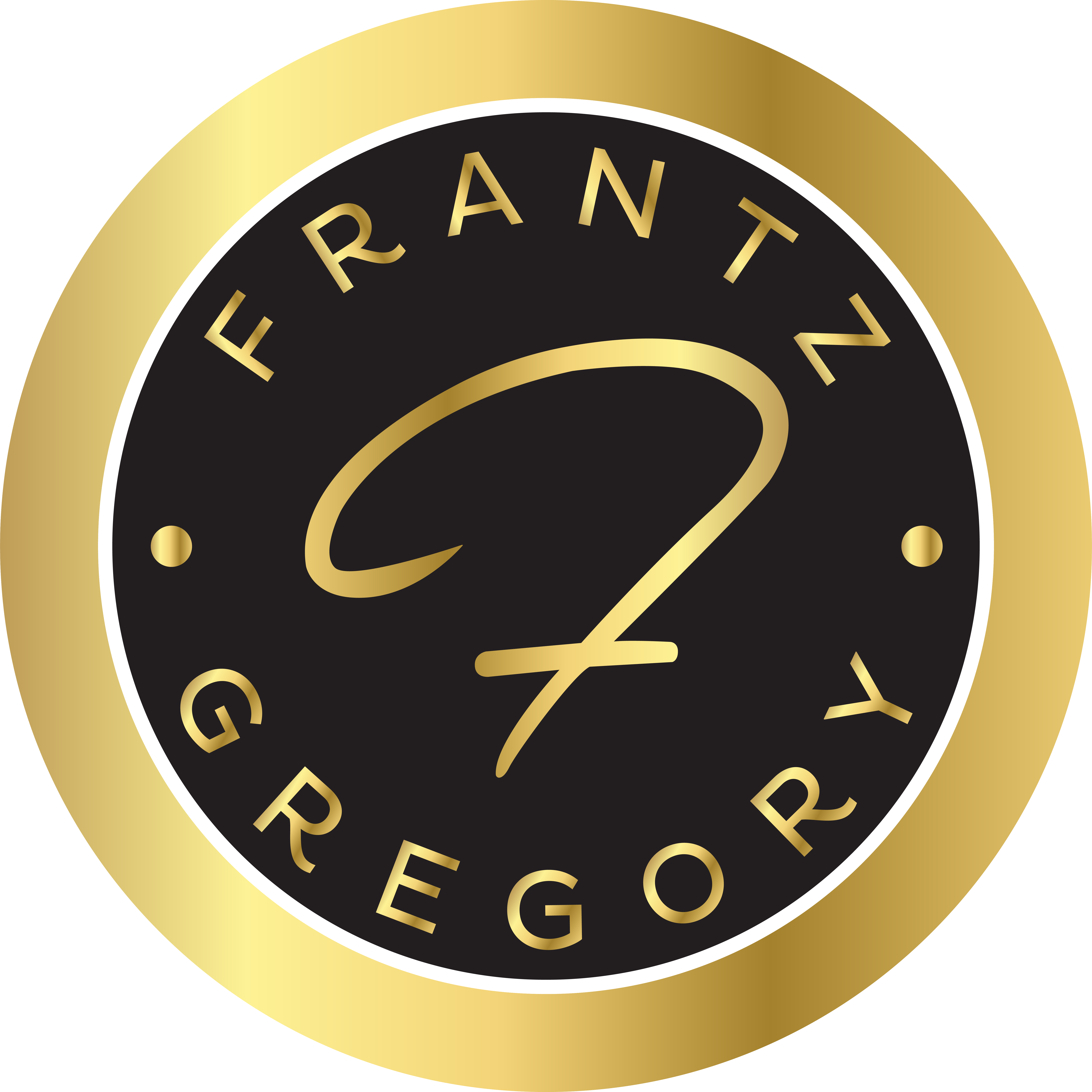Assessing Damages
When assessing damages in any trademark infringement case, there are many factors to be considered. The first point is the circumstances surrounding the supposed infringement. You would need to investigate how the trademark was infringed, for example:
a) identifying the infringing products and the description that was presented.
b) whether the infringing party was aware of the infringement.
c) how long was the infringement going on for before any action was taken.
All these are important factors when assessing the potential case as these answers may have a significant effect on the outcome. Once all the information has been gathered, the potential breach will then need to be assessed and a remedy should be sought as soon as possible in order to rectify the issue effectively.
So how would a remedy be concluded and how would the damages be calculated?
There are two possible options that a trademark owner should consider. The trademark owner would be free to choose between them; however, they may not have the benefit of both. The outcome of either option may be uncertain. The two options are:
a) an inquiry as to damages
b) an account of profits.
Inquiry as to Damages:
The purpose of this remedy is to determine the extent of the trademark owner’s losses and to attempt rectification by compensating the trademark owner and putting them in the same position they would have been had the defendant not committed the infringing act.
The burden is on the trademark owner to prove that the sum of the losses accumulated was sustained from the defendant’s wrongdoing.
An inquiry would require the courts to assess and compare. They would assess the outcome had the tort not have been committed and compare this with the actual conclusion which occurred. The trademark owner would have to prove a casual link between the act and the loss and then the courts would determine causation on the balance of probabilities. If on the balance of probabilities, the courts decide the loss was caused by the act, then the trademark owner would be entitled to compensation amounting to the sum of the loss. A good case which illustrates this remedy is AP Racing Limited v Alcon Components Limited 2016.
An Account of Profits
This is an equitable remedy which requires the defendant to pay the trademark owner any profits accumulated through the infringing act. The trademark owner would usually ask the defendant prior to proceedings to disclose the amount of profits they obtained within a certain period.
It would be highly likely that the defendant would deter from disclosing this information, as the trademark owner would be able to evaluate the losses accrued against the profits the defendant obtained and they would most likely bring an action on the defendant with the higher equation of the two.
So, the trademark owner would have to seek the remedy of an account of profits through the courts.
An account of profits is not guaranteed to be granted. This is because the defendant’s accounting records would have to be examined in order to determine which profits derived from the infringing act. This can prolong proceedings which in turn would add additional costs. This remedy allows discretion from the court and many factors would be taken into consideration.
There would be questions raised such as the circumstances surrounding the infringement and the possibility of it being an innocent infringement. Also, the conduct of the trademark owner and whether proceedings were brought in a fair way and in a timely manner would be considered.
Due to the additional time and cost added to this remedy, the courts can refuse this if they do not believe the account of profits would be a reasonable remedy resulting from the infringement. A case which illustrates this remedy is Jack Wills Ltd v House of Fraser (Stores) Ltd 2016 where it was decided that the trademark owner was entitled to 41% of the profits.
So, if a trademark owner believes there may have been an infringing act, they should consider the remedies very carefully. There are benefits to either remedy, but there may also be some disadvantages.
An inquiry as to damages is weighed on the balance of probabilities. It does not have to be proven as a matter of fact that the sum of the losses was a result of the infringement. Also, if the court believes that there is a link between the act and some losses, but the figure of the losses appears inaccurate, this causes a lot of uncertainty around the outcome of the decision.
When we consider an account of profits, we are already aware of the possible issues that may arise. There is no guarantee if a trademark owner requests this remedy that it will be granted. Also, there may be a situation where a trademark owner has accrued a significant amount of losses but believes the sum of profits exceeds this. However, following an investigation the profit may be minimal, this could result in uncertainty again with regards to the total compensation which may be granted.
Every case will need to be assessed thoroughly and the options of remedy will have to be carefully considered in order to determine the most efficient and effective solution for the either party.
Contact Information
If this is something that you need help with, Frantz Gregory & Co can support you in bringing and/or defending a claim with your best interests in mind. Our main focus is resolution, so get in touch with us if you need advice, help with negotiations or even assistance with legal proceedings. You can find us on LinkedIn, Facebook and Twitter, or you speak toa member of our team Monday to Friday, 9 am to 5 pm on 01482 379582.


Post a comment